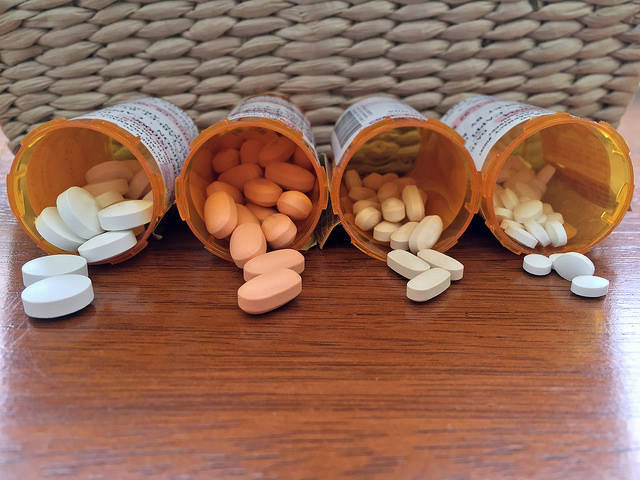An interesting article titled “Persistent Opioid Use After Wisdom Tooth Extraction” appears in JAMA in August 7, 2018, written by Harbaugh et al. (vol. 320, no. 5 , pp. 504-506). The article sought out to see if opioid painkiller prescriptions that many young adults receive after having wisdom teeth removed could set them on a path to long-term opioid use.
The authors explored data from patients 13 to 30 years old who underwent wisdom tooth extraction in the Truven Health MarketScan Commercial and Dental database (from July 1, 2009-December 31, 2015). The MarketScan database contains de-identified data from insurance claims and includes 43 million to 55 million beneficiaries annually from the 50 states in the U.S. Patients were excluded from the data the authors explored if there was a lapse in enrollment, if the patient had an opioid prescription filled within 6 months before the surgery, or if there was an additional anesthetic or dental procedure within a year after the wisdom teeth surgery. The authors treated exposure as a filled perioperative opioid prescription from 7 days before the procedure to 3 days following tooth removal. The authors explored whether there was persistent opioid use with 1 or more opioid prescription filled during post procedure days 4-90 and days 91-365.
Among 70,942 patients who under went wisdom teeth removal were included in the authors dataset, 56,686 patients filled a perioperative opioid prescription. Hydrocodone was the most common opioid prescription and the second most common was by oxycodone. Among those who filled an opioid prescription they were more often younger and female and also had higher rates of depression, anxiety, and chronic pain. The authors found that persistent opioid use occurred in 737 (1.3%) of patients with a filled opioid prescription compared with 71 (0.5%) of patients who did not get an opioid prescription filled. It was found that those who filled an opioid prescription from up to 7 days before until up to 3 days after wisdom teeth removal were 2.69 times as likely as their peers to still be filling opioid prescriptions weeks or months later. The researchers also found that those aged 19 to 24 had higher odds of opioid use then those from ages 13 to 18.

The researchers were not able to determine a reason as to why a later opioid prescription was filled by those who went on to persistent use. The authors point out that nonsteroidal anti-inflammatories may be just as effective as opioid for pain occuring after wisdom teeth extraction. The researchers are currently attempting to create evidence-based prescribing guidelines and are speaking with patients and parents about their experiences with opioids after wisdom teeth surgery.
For another study on opioid prescription use after wisdom teeth surgery see https://blog.teethremoval.com/opioid-prescriptions-from-dental-clinicians-for-young-adults-and-subsequent-opioid-use-and-abuse/ Also see https://blog.teethremoval.com/what-can-a-surgeon-do-to-prevent-opioid-abuse/ where discussion is made of oral surgeons understanding they play a role in helping to prevent opioid abuse.
Additional Source:
University of Michigan, “Unwise opioids for wisdom teeth: Study shows link to long-term use in teens and young adults,” August 7, 2018, https://ihpi.umich.edu/news/unwise-opioids-wisdom-teeth-study-shows-link-long-term-use-teens-young-adults

4 thoughts on “Persistent Opioid Use After Wisdom Teeth Removal”